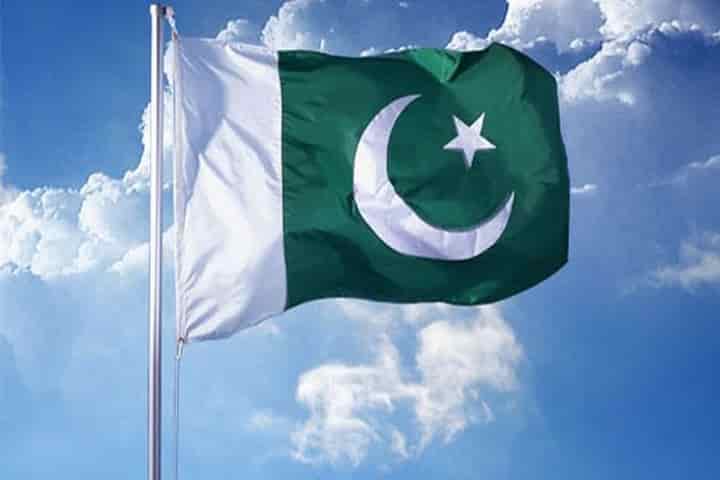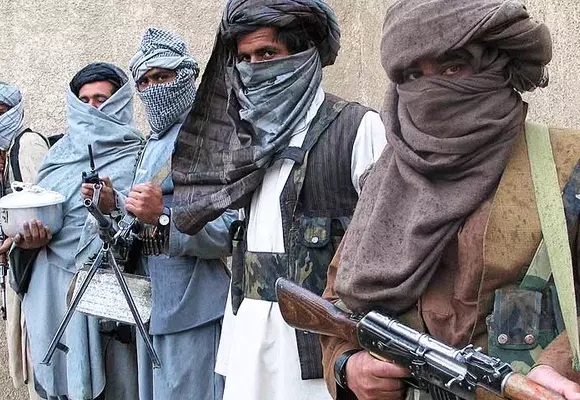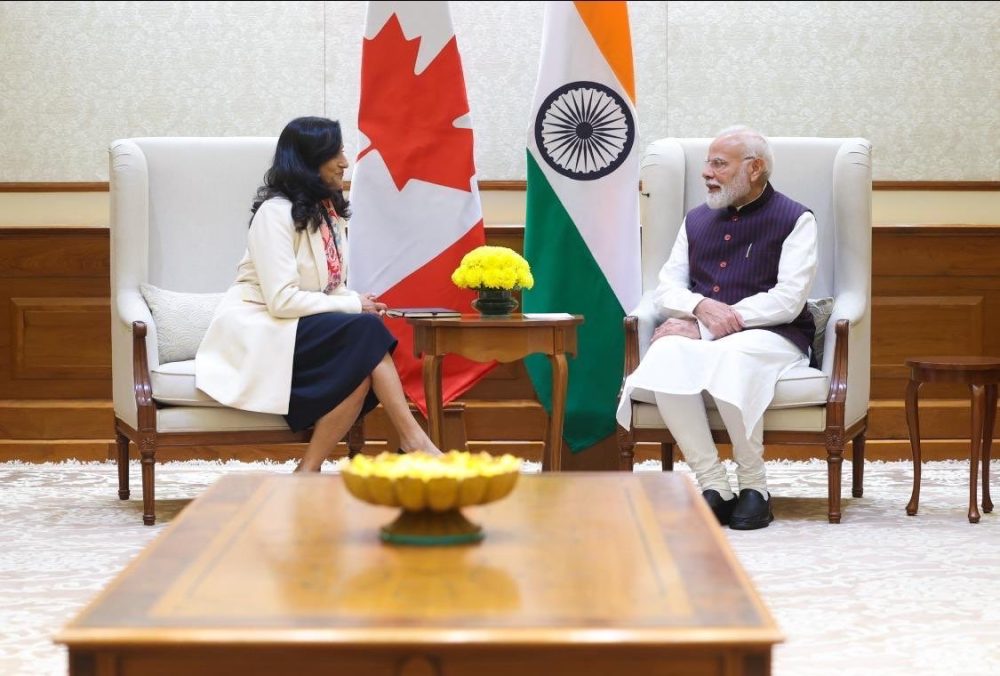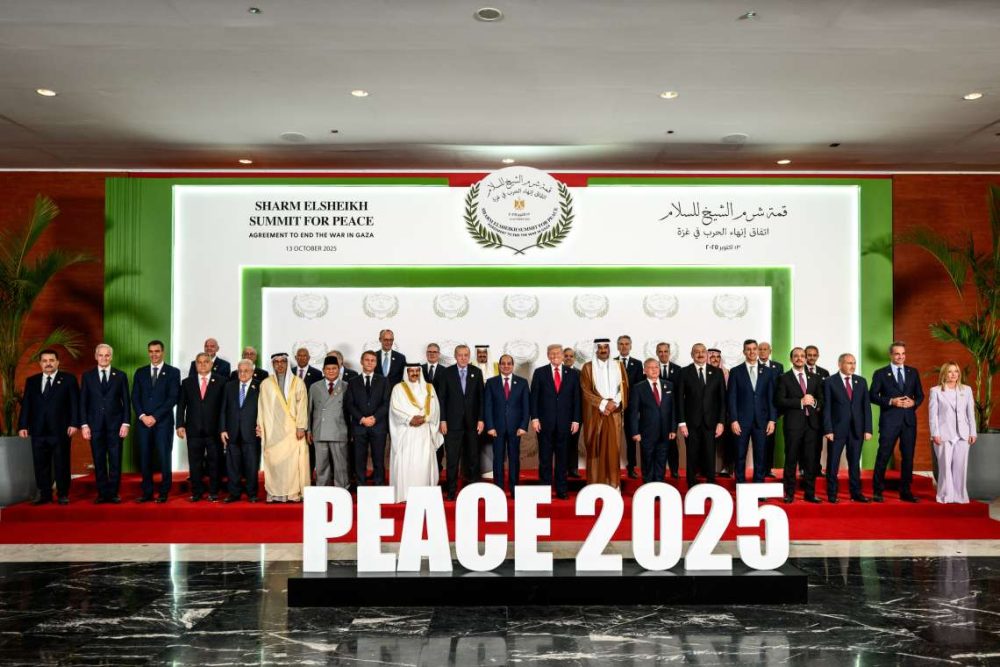At this juncture, Pakistan has multiple problems at hand—widespread corruption, high inflation, thinning investments, rising unemployment, radicalism among others…reports Asian Lite News
As Pakistan gets set to celebrate its Independence Day tomorrow, there is little cheer for its common citizens, especially the youth who are desperately looking to relocate to other countries with the hope of getting better employment opportunities. What is more worrisome is that the urge to move out of Pakistan is more among the educated.
“The current economic crisis and political meltdown are not just ruining the day-to-day lives of people, the status quo is breaking families and destroying the little patriotism left among the common people,” the Express Tribune said in an editorial.
Though the newspaper editorial highlighted that the exodus is not unique to Pakistan but many Indians too have been seeking opportunities outside, it acknowledged that “India’s domestic youth population remains a driving force behind the nation’s progress. India’s economy thrives primarily due to the enterprising spirit of its youth, who contribute to various sectors, from technology to innovation and entrepreneurship.”
“Despite a portion of young Indians seeking opportunities abroad, the Indian state’s commitment to nurturing local talent and creating an enabling environment for their growth has led to success stories within the country,” it said.
Pakistan has been battling one crisis after the other. While the South Asian nation managed to avert a sovereign default after a $3 billion financial assistance package from the International Monetary Fund, its challenges are far from over.
Since its independence, Pakistan country has already taken 23 loan packages from the IMF, “yet achieved no lasting solution,” the Pakistan Institute of Development Economics (PIDE) analysis published in 2021 said.
At this juncture, Pakistan has multiple problems at hand—widespread corruption, high inflation, thinning investments, rising unemployment, radicalism among others.
Despite the country’s business houses insisting on reopening trade relations with India, Islamabad has maintained that no ties can move forward until the Kashmir issue is resolved.
Earlier Dawn had noted that Bangladesh, which tuned out to be a poor cousin of Pakistan after the bitter 1971 war has emerged as a strong economy in the last five decades. Bangladesh Prime Minister Sheikh Hasina, the article noted that, has successfully steered the country away from extremism and radicalism.
“Bangladesh sees its future in human development and economic growth. Goal posts are set at increasing exports, reducing unemployment, improving health, reducing dependence upon loans and aid, and further extending micro credit,” an article carried by the Pakistan based Dawn said in 2019. “For Pakistan, human development comes a distant second. The bulk of national energies remain focused upon check-mating India. Relations with Afghanistan and Iran are therefore troubled; Pakistan accuses both of being excessively close to India,” the article added.
India and Bangladesh have forged ahead with deepening political and economic cooperation. “The thrust for both nations has been on issues that help in building bridges, for example in spite of the thorny issue of Teesta river water sharing, the two nations have managed to build a bond as trustworthy neighbours,” an analyst told India Narrative.
Clearly, Pakistan needs to make a paradigm shift if it has to get back on track. Its obsession on Kashmir will lead nowhere.














